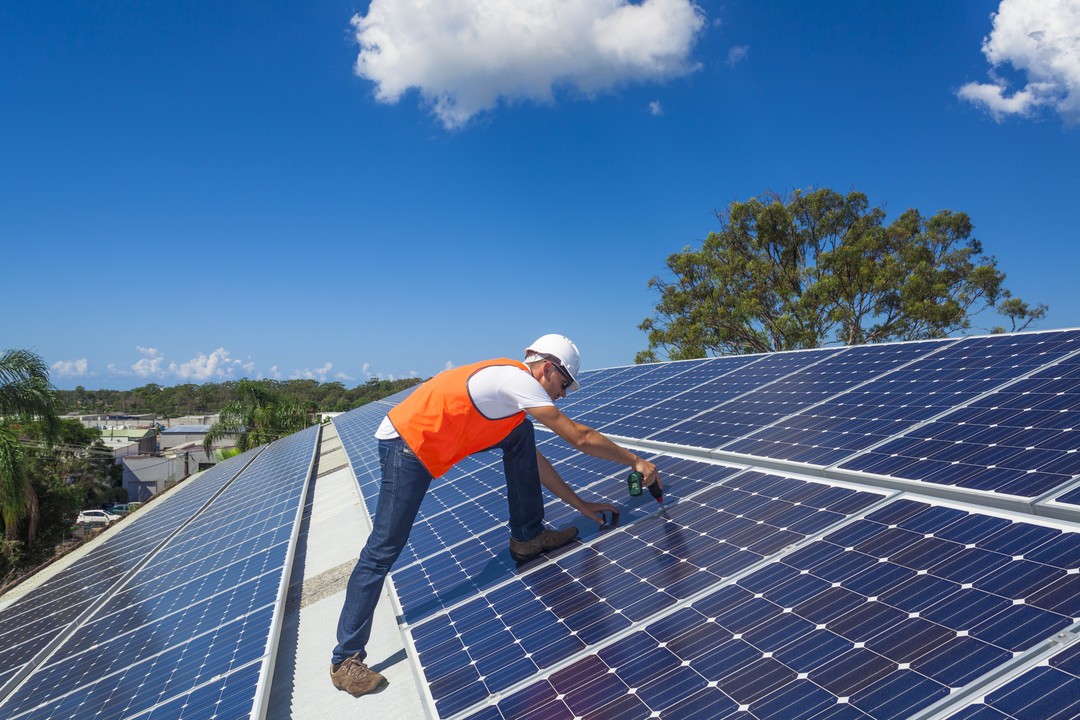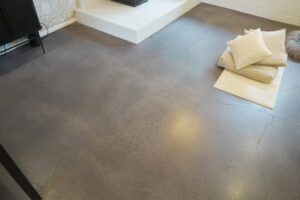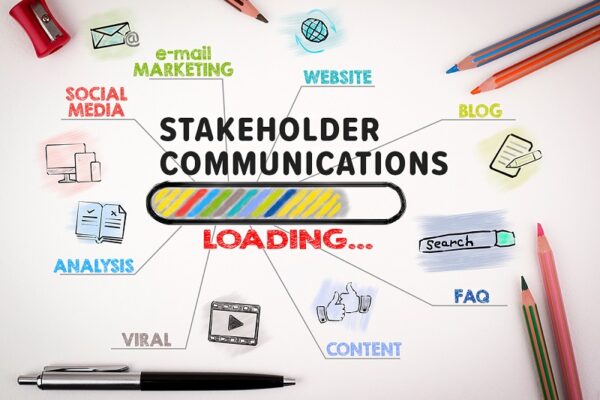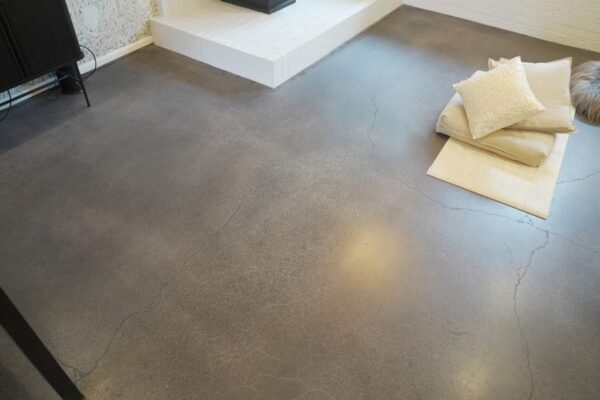While there can be no doubt that solar panels are a significant step forward in terms of eradicating non-renewables such as fossil fuels, many home and business owners have concerns related to the safety of having panels on their roofs. Some worry about the impact it will have on the structural integrity of their roof, while others wonder about the generation of electromagnetic fields and their potential for causing harm. Now, while it is true that your roof will almost certainly be safe with solar panels installed on it, there are some safety considerations to review before going ahead with a project like this, and your chosen installer will be studying them in detail, too.
So, if you’re still sitting on the fence when it comes to solar installations, and haven’t yet invested in a cleaner, greener future due to safety concerns, the following information should help put your mind at rest, and enable you to schedule an introductory consultation with a local solar system installer:
1. Take your time to choose the right solar provider
It’s absolutely essential that you only ever work with a qualified and certified specialist photovoltaic (PV) installer, otherwise you could be putting yourself, and your property, at risk.
It might be tempting to choose a company who are offering low prices and speedy installation times, but there is usually something non-legitimate behind their rock bottom prices. Maybe they don’t use certified panels and other equipment, or they aren’t actually qualified to install solar roof panels. Whatever it may be, it could spell trouble for you and your home or business.
It’s important to keep in mind that discounts and special offers may be given be legitimate companies, but they will always be able to back up their prices with proven experience, and be able to provide you with evidence of their up-to-date certification. When panels are installed cheaply by a rogue company, you could face leaks in your roof, damage from moisture, heat, and even weight.
2. Only work with companies who use the best tech and equipment
Even if you know nothing about solar panels and systems, it pays to carry out a little research so that you can be sure your chosen installer is using the highest grade materials that meets required safety standards, and which have all the appropriate guarantees and warranties. When checking with your installer, look for organizations giving certification, such as Underwriter Laboratories and the International Electrotechnical Commission (IEC).
Ideally, you would want to see an extensive manufacturers warranty on all parts (at least 25 years), a similar service warranty, and a production guarantee of 2 years.
3. The condition and age of your roof can have an impact on solar safety
When signing up with a local solar panel installer, they will carry out a thorough assessment of your roof first, to make sure it’s in a good enough structural condition to support panels sufficiently. A roof that may be aged and is showing signs of leaks and missing tiles, may not be suitable.
It may save you a lot of time and inconvenience to check your roof yourself before even considering installing a solar panel system. Then, if you know that the roof is reaching the end of its lifespan, or has significant wear and tear, you can arrange to have it replaced, repaired, or reinforced before engaging with a solar installer.
Ultimately, provided you work with an experienced local solar installer who has a great reputation, you can rest assured that your roof will always be safe with solar panels on it. Simply put, they won’t install on a roof that isn’t safe, and every installation is carried out following a strict set of safety regulations.
Follow the guidelines above and start enjoying free sunshine, today!









